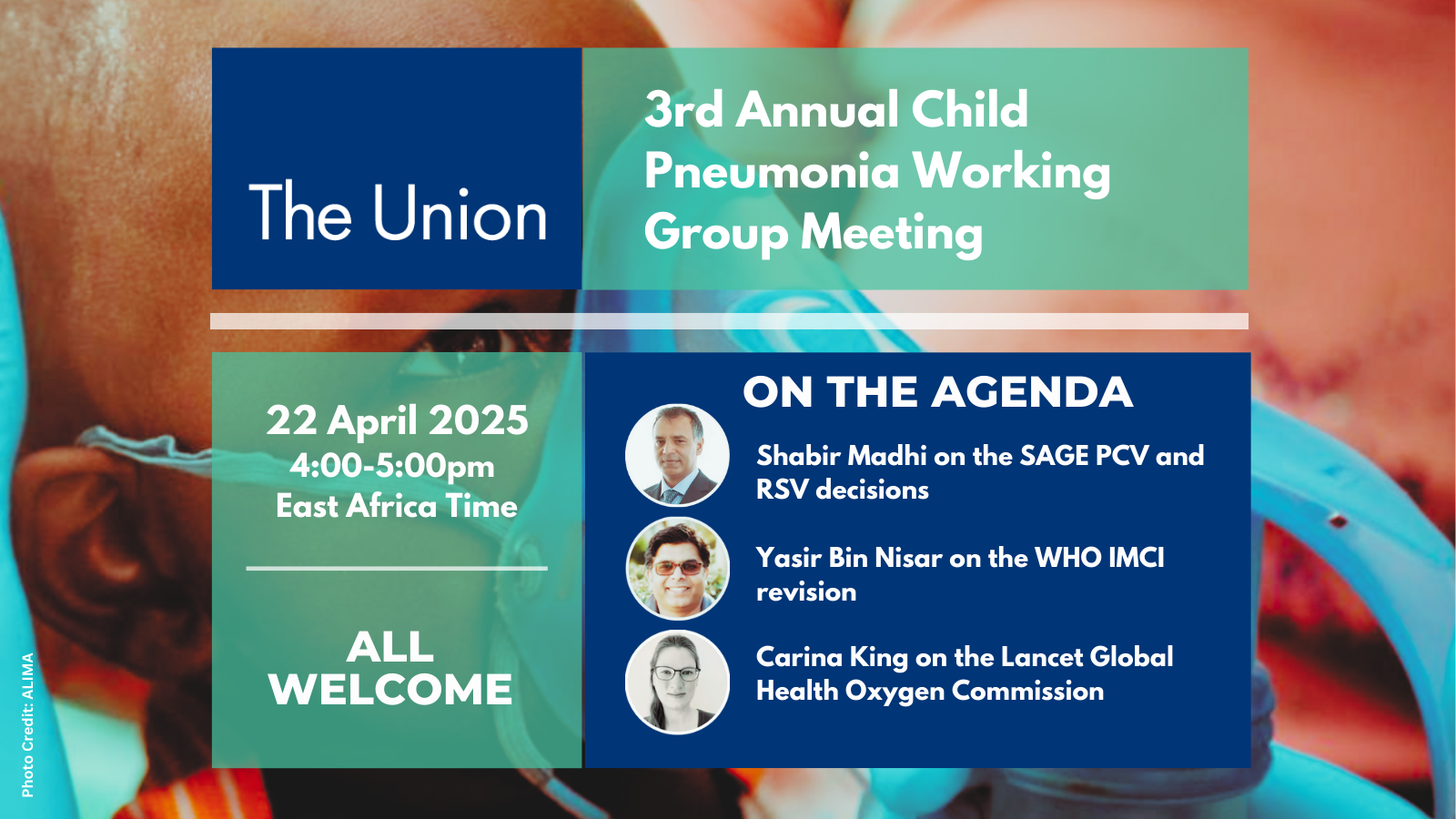
Research
Pneumonia is the world’s leading infectious killer – claiming 2.2 million lives, including 502,000 children, in 2021. COVID-19 added another 7.9 million to the death toll in 2021, bringing the total number of respiratory infection-related deaths to 10.1 million. No other condition causes anywhere near this burden of death. Yet, a disproportionately low amount of research funding is allocated to pneumonia relative to pneumonia’s heavy disease burden and compared with other leading infectious killers – such as HIV/AIDS and malaria.
According to a 2020 Lancet study:
-
-
- Pneumonia attracted just 3% of infectious disease research funding between 2000 and 2017
- 80% of pneumonia research funding came from just two US-based research funders and was narrowly focused on basic science
-
This amount of funding and narrow focus is not aligned with the global disease burden, pandemic risks, or the priorities of researchers and policymakers. Increasing the amount and scope of pneumonia research funding is critical to improve the prevention, diagnosis, and treatment of pneumonia, and subsequently reduce the huge burden of death and our vulnerability to respiratory infection pandemics.
To mobilize more investment in childhood pneumonia research – an important subset of the global challenge – the Every Breath Counts Research Group surveyed 108 leading pneumonia experts between November 2019 and June 2021 to develop a list of research priorities with the potential to accelerate reductions in child pneumonia deaths and enable countries to achieve the Sustainable Development Goals.
They identified 20 pneumonia research priorities, with preventing neonatal pneumonia, the development of inexpensive, rapid point-of-care diagnostic and etiological tests that differentiate between bacterial, viral, and malaria infections, and access to pulse oximetry and medical oxygen emerging as leading priorities for future research. Critically, the list of priorities differed between experts based in high-income and those based in low- and middle-income countries, with the former prioritizing the urgent need for neonatal pneumonia research while the latter prioritized vaccine and health system capacity research.
To ensure that these childhood pneumonia research priorities influence global investments in the countdown to 2030, Every Breath Counts members are engaging the leading infectious disease research funders to make the case for increased investments against these 20 priorities, with a special focus on investing in researchers and institutions based in low-resource settings.
Read more and listen here

Learn more about a new research proposal to advance the use of cough sound analysis to improve the diagnosis of respiratory infections among children in low-resource settings. The proposal is to collect the largest number of cough sounds (7,000) and related clinical data from children in Uganda, Nigeria, South Africa, India, and Pakistan to inform the development of AI-enabled algorithms with the power to turn a smartphone into a tool to identify children at greatest risk of death from respiratory infection.
If successful, the research will accelerate the development of a new generation of diagnostic tools that are non-invasive, low-risk, and which require minimal clinical expertise. If these tools also improve the prediction of disease severity, they will guide more effective triage and referral of sick children to appropriate facilities. All data generated will be available open-source. Learn more here.
Join the new Union Childhood Pneumonia Working Group!
The first-ever Childhood Pneumonia Working Group has been established by The International Union Against Tuberculosis and Lung Disease (the Union). Co-chaired by Drs Rebecca Nantanda, Eric McCollum, and Matthew Kelly, has two aims:
(1) to establish a child pneumonia advocacy hub focused on access to critical diagnostic and treatment tools (e.g., pulse oximetry, medical oxygen), emergency and critical care for children with pneumonia and other respiratory illnesses in low-resource settings.
(2) establish child pneumonia implementation research hub focused on supporting the development of local scientific capacity for conducting child pneumonia implementation research in low-resource settings.
Find more information on the Working Group here and email Dr Eric McCollum to join, ericdmccollum@gmail.com.

Join the 3rd Annual Meeting of The Union Child Pneumonia Working Group on 22 April at 4:00pm East Africa Time for the latest updates on the WHO revisions to the guidelines for the integrated management of childhood illnesses (IMCI), a readout on the WHO meeting of SAGE vaccine experts and their decisions on PCV and RSV vaccines, and a briefing on the landmark Lancet Global Health Oxygen Commission. Learn about efforts to put child pneumonia center stage at the The Union World Conference on Lung Health in Copenhagen from 18-22 November, 2025, and much more. Register here!
New and noteworthy pneumonia research
Peer-reviewed publications with the potential to transform the prevention, diagnosis, and treatment of pneumonia, especially in low-resource settings.
Supporting Early Career Researchers
List of new publications on a critical area of pneumonia research from early career researchers, especially working in low- and middle-income countries.
Child Pneumonia Research Investment Scorecard
Scorecard of the top 20 global and low- and middle-income country childhood pneumonia research priorities and the number of research grants focused on each.


